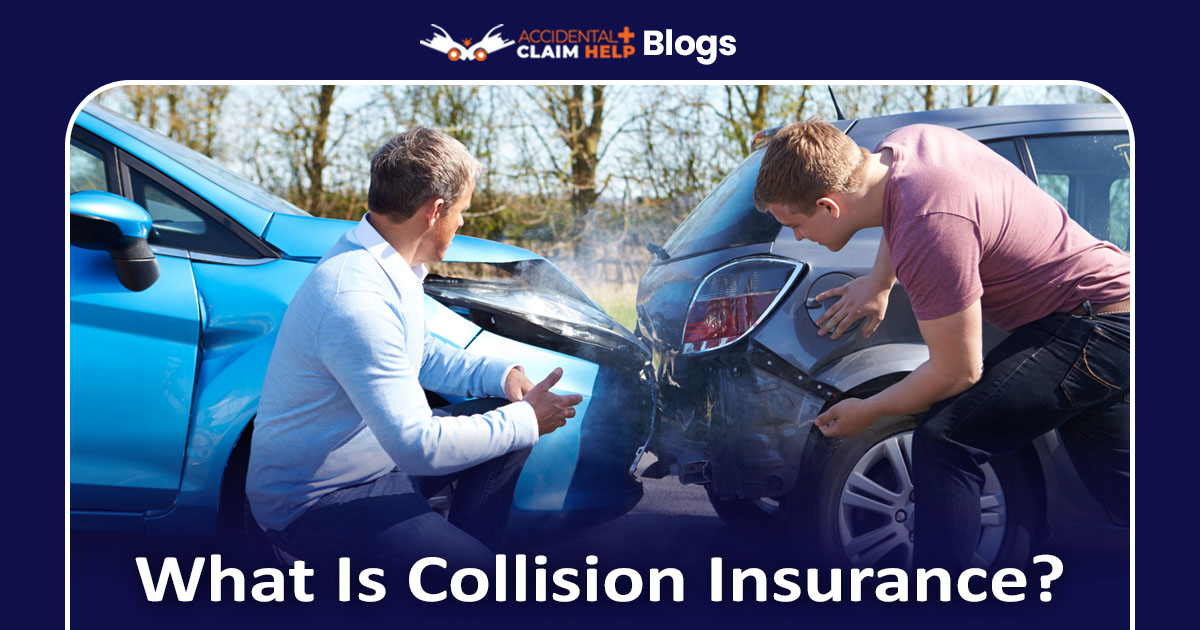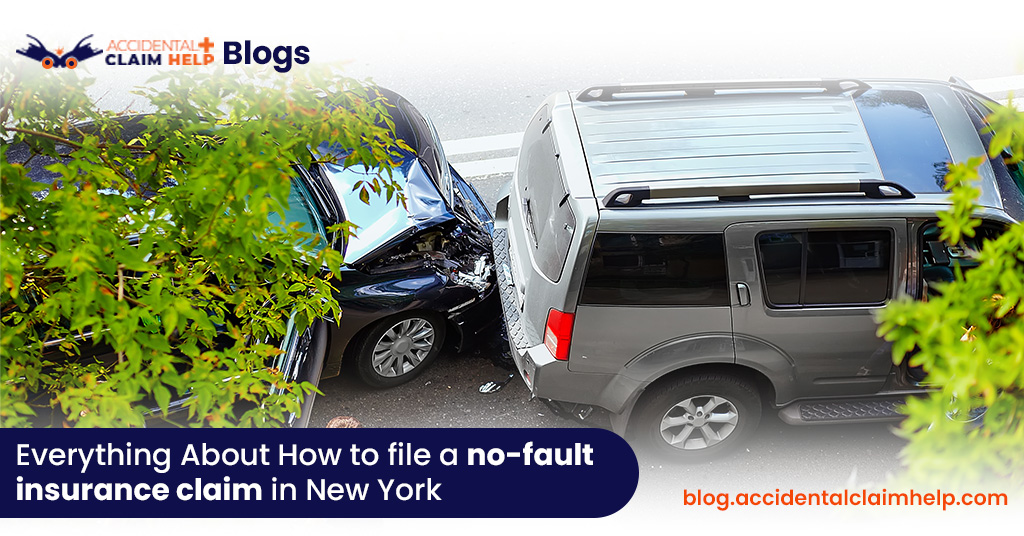What Is Collision Insurance?
Have you ever asked yourself, What is collision insurance? You’re not alone. Collision insurance is a type of auto insurance coverage that pays for the cost of repairing or replacing your vehicle if it’s damaged in an accident with another car or object, regardless of who’s at fault. It’s usually optional, but can be a lifesaver when accidents happen. In this post, we’ll break down everything you need to know about collision insurance, from what it covers to when you need it.
Key Insights About Collision Insurance Coverage:
Collision insurance is one of the most essential components of a well-rounded auto insurance policy. While liability coverage protects against damage to others, collision insurance focuses on protecting your vehicle. Whether you’re a new driver, leasing a car, or simply want to be financially secure in the event of an accident, understanding the details of this coverage is crucial.
Now let’s explore the key elements that make collision insurance valuable and how it fits into your overall insurance strategy.

Understanding Collision Insurance
Collision insurance, also known as impact or crash coverage, helps cover the repair costs of your vehicle when it’s involved in an accident, whether it’s a collision with another car or a stationary object, such as a pole or tree. It differs from liability insurance, which only covers damage to other vehicles or property.
This coverage is required if you’re financing or leasing a vehicle, as the lender wants to protect the vehicle’s value. However, even if it’s not needed, many car owners opt for it for peace of mind, especially in areas with heavy traffic or poor road conditions.
What Collision Insurance Covers
Collision insurance helps you pay for damage to your vehicle after events such as:
- Crashing into another vehicle
- Hitting a fence, guardrail, or tree
- Rolling over or skidding off the road
It covers the cost of repairs or, if the vehicle is totaled, pays out its current market value minus your deductible. It’s helpful in situations where you’re at fault, as liability insurance wouldn’t apply in those cases. So you won’t have to pay out of pocket for costly repairs.
What Collision Insurance Doesn’t Cover
So you know what collision insurance doesn’t cover, so there are no surprises when you file a claim. This policy doesn’t cover damage from weather events, such as hail or flooding. Nor does it cover theft, vandalism, or damage to someone else’s property or vehicle.
For complete coverage, many drivers add collision coverage to their comprehensive insurance, which fills in those gaps. Medical bills for you or your passengers aren’t covered under collision either; for that, you’ll need personal injury protection or medical payments coverage.
When You Should Get Collision Insurance
Collision insurance is a good idea for many drivers, especially if your vehicle is new, expensive to repair, or you frequently drive in areas with a higher incidence of accidents. If you can’t afford to replace your vehicle out of pocket, this type of insurance will give you financial protection.
On the other hand, if you drive an older car that’s not worth much, paying for collision coverage may not be worthwhile. A good rule of thumb is to compare your annual premium plus deductible to the actual value of your car. If the combined price is more than 10% of your car’s value, it might be worth dropping the coverage.

How Much Does Collision Insurance Cost
The cost of collision coverage varies depending on factors such as your age, driving record, location, deductible, and the make and model of your vehicle. Adding this to your policy could increase your monthly premium by $30 to $70 or more.
Raising your deductible will lower your premium, but ensure you can afford the higher deductible if you need to file a claim. You can also shop around and compare quotes from different insurers to find the best deal on collision coverage.
Final Thoughts:
Now that you know what collision insurance is, you can make better decisions about your auto coverage. Whether you’re leasing a new vehicle or driving a reliable used car, collision insurance gives you peace of mind against unexpected repair costs. Ensure you assess your vehicle’s value, your budget, and your driving habits to determine if this coverage is suitable for you.







